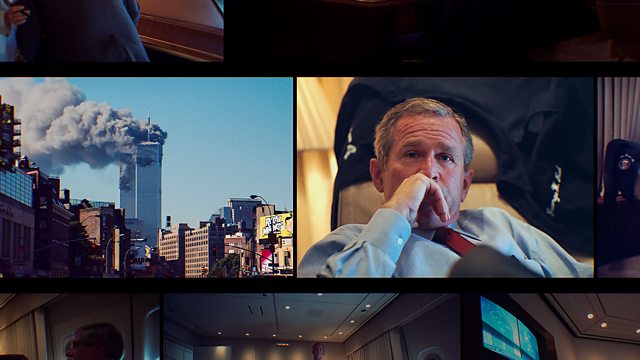Let Me Be Perfectly Clear

Professor Joe Goldblatt
Once again this morning on the television I heard a British politician respond to a perfectly reasonable question by stating “Let me be perfectly clear.” Within his long reply it was readily apparent that absolutely nothing he was saying was clear and certainly not perfect.
We now live and work, due to the rapid expansion of the information economy, in an extremely complex world that requires thinkers, philosophers, and analysts to help us deconstruct the many challenges facing human society. Therefore, it is egregious to think that any one politician may attempt to solve the world’s many complex problems by arrogantly attempting to be perfectly clear.
In my view, there are at least four things that the great thinkers, philosophers, and analysts must be perfectly clear about. According to Investopedia, the Pareto efficiency theorem, is a major pillar of welfare economics and is named after the Italian economist and political scientist Vilfredo Pareto (1848-1923). Pareto efficiency is when an economy has its resources and goods allocated to the maximum level of efficiency, and no change can be made without making someone worse off. How do we make change without making others worse off?
In order to make change without injuring others, I believe there are at least four things during these turbulent times that are in fact perfectly clear.
Firstly, hate is bad and love is good.
Our world seems to be filled with personal attacks upon individuals based upon their ethnicity, their beliefs, and even the colour of their skin. The twentieth century American humourist Will Rogers once said that in order to better understand those he may disagree with he imagines he is standing behind them and seeing the world from their point of view. How different the world might be if each of us practiced this simple philosopy and vowed to be able to disagree without being disagreeable? This is why I support the Scottish Government hate crime legislation. I want to live in a hate free world. Period.
Second, war is bad and equal prosperity is good.
War has historically been a major catalyst to the economic engine for most nation states that wage or support other wars. We must remove the financial incentive of war and focus upon promoting providing economic incentives for peace over conflict. We must focus upon encouraging bi – lateral economic agreements to improve the prosperity for all the world’s citizens.
Third, discrimination is bad and inclusion is good.
According to Dr Kennth Collins in his 1987 PhD theses, Jewish students were the first graduates of the Scottish medical school in Aberdeen University in the eighteenth century. They were also found among the medical school student body of the University of Edinburgh from the middle of the eighteenth century. As a result, Jewish medical graduates were in high demand in the medical profession. Practicing inclusion is one of many positive keys to a stronger and more sustainable economic system. The members of the Sikh religion embrace inclusivity through their langar meal ritual in which all who are hungry or simply wish to dine together are welcome to enjoy a free meal at their table.
Fourth and not finally nor absolutely, distrust and division is bad and empathy, compassion, and love is good.
Robert Burns wrote dare to be honest and fear no labour. In order for human society to repair the distrust, division, and degradation we have wrought we must be honest by admitting our mistakes and then accept responsibility and work much harder to heal these deep wounds. Unless we are honest with one another, individual to individual, nation state to nation state, we risk repeating the errors of the past over and over again.
Therefore, in my view, we have an obligation to future generations to honestly acknowledge our past mistakes and work harder to create a world that is based upon mitigating and ending conflict, improving inclusion possibilities for all citizens so they may find future success, and continually reviewing how through honest reflection and hard work we may move forward and rise together as a civil society.
We can never be perfectly clear nor perfect as human beings. However, we may first and foremost agree to work more closely together as a human family to better acknowledge our shortcomings and then better allocate our scarce resources and goods in order for all to collectively and sustainably benefit now as well as in the future.
The anthropologist Dr Margaret Mead (1901 – 1978) studied indigenous people throughout the world and determined from her observations that we must never never doubt that a small group of thoughtful, committed citizens can change the world. According to Dr Mead, indeed, it’s the only thing that ever has.
I believe now is the time for our generation of elders to serve as inspiring guides to future generations to insure that hate, war, discrimination, and inequality, are recognised as imperfect characterstics of a by gone era and that we now believe that by working together we may swiftly through honesty and labour change the world for the better. Indeed, it is the only thing that ever has.
Professor Joe Goldblatt is Emeritus Professor of Planned Events at Queen Margaret University in Edinburgh. His opinions are his own. For more information about his views visit www.joegoldblatt.scot
